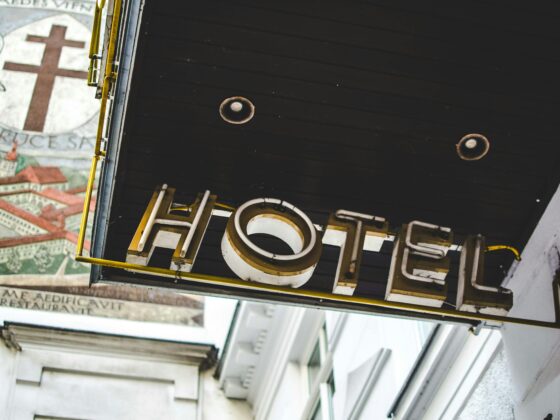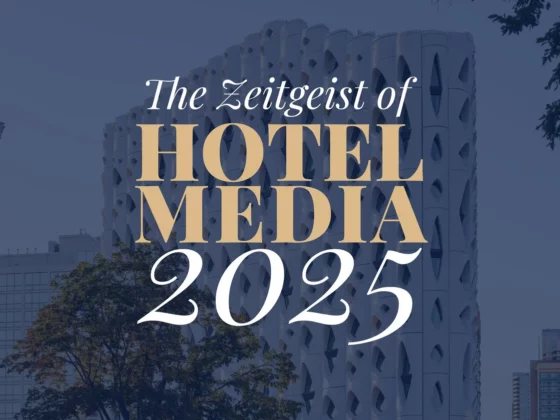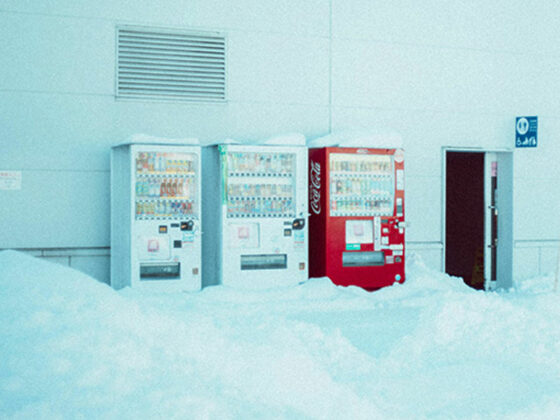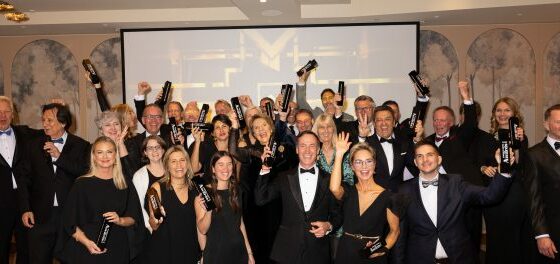
What do you think should be the most important quality of a hotel manager? If someone were to ask me, I’d say it would be the capability to communicate effectively with the staff, colleagues and guests. In this new age of electronic communication, one should not forget that effective verbal and non-verbal communication skills should be emphasized and well-executed in the hospitality industry. Lets dive deep into the impact of communication in hotel industry.
What is the Communication System in Hotels?
A hotel’s communication system is the backbone of how staff members work together and interact with guests. It helps everyone stay on the same page, ensuring guests feel welcome and well cared for. This system includes phones, apps, and software that allow quick and easy communication. By keeping everyone connected, the hotel can provide better service and ensure that guests have a great experience during their stay.
Importance of Effective Interdepartmental Communication in a Hotel
Interdepartmental communication is the key to smooth operations and guest satisfaction. When staff from different departments work together, guest requests are handled quickly, problems are solved fast, and service is consistent. Good communication also builds teamwork, ensuring everyone is focused on providing excellent service. This helps keep guests happy and encourages them to return.
How is Finance Impacted by Communication in the Hotel Industry?
Effective communication between the departments often leads to better financial outcomes, lower costs, and higher hotel revenue.
- Reduced Costs: Effective communication among staff prevents costly mistakes, such as double bookings.
- Increased Revenue: Quick responses to guest needs lead to higher satisfaction, encouraging more spending and repeat visits.
- Efficient Resource Use: Good communication ensures staff and supplies are used effectively, reducing waste.
- Better Budgeting: Effective departmental communication helps with better financial planning and budgeting.
Read More on How Effective Communication in the Hospitality Industry Impacts Revenue Generation.
Why is Two-Way Communication Required in a Hotel?
Effective communication in the hotel industry is crucial because it allows:
- Efficient Guest Service: Staff can quickly receive and respond to guest requests or queries.
- Coordination Among Teams: Departments like housekeeping, front desk, and maintenance can coordinate easily.
- Emergency Handling: Quick and clear communication helps manage emergencies or safety concerns.
- Feedback and Improvement: Staff can share input and updates, ensuring process and service improvement.
How to Communicate with Guests in a Hotel?
- Greet Politely: Start with a warm “Hello” or “Good morning” and smile.
- Keep It Simple: Use clear and easy-to-understand words.
- Listen Carefully: Make sure you fully understand what the guest is asking before you respond.
- Be Friendly: Use a respectful tone.
- Stay Positive: Focus on what you can do instead of what you can’t.
- Respect Differences: Be aware of different cultures and adjust how you speak.
- Follow-up: Check back to make sure the guest is happy with the service.
How to Train Hotel Staff in Cross-Cultural Communication?
To effectively train hotel staff in cross-cultural communication, consider the following steps:
- Educate staff on different cultures, customs, and values.
- Teach basic phrases in common languages.
- Emphasize active listening and avoiding stereotypes.
- Hold regular workshops and ongoing training for skill-building.
Read Also: 5 Commandments to Delight your Hotel Guests
Benefits of Effective Communication in the Hotel Industry
Compelling communication skills are important in a hotel regardless of whether some staff members are not guest-facing. A few hotels spend considerable money on training their staff to interact with the guests. Good communication skills are a learned art, not a natural skill, so one should consider training to enhance staff skills.
Excellent communication skills improve the hotel guest experience as they convey that you listen to your guests, value their feedback, and convey clear messages. Apart from communicating with the guests, your staff ought to know how to write emails. Good communication skills will impress your guests, further proving beneficial to your hotel business.
The staff members need to communicate not only with the guests but also with other department employees. Few of the staff members might be able to speak in manageable English, but those who don’t have English as their first language suffer due to their inability to understand simple instructions and information. Department heads often face problems such as:
Good communication is essential for all staff, even those who don’t deal directly with guests. Some hotels train staff to improve these skills as good communication helps staff listen better and respond clearly, all leading to a better guest experience. Staff also need to communicate well with each other, but language barriers can cause problems if instructions aren’t understood correctly.
Here’s what hotels can do to ensure effective communication:
Conduct Staff Training
Arrange a training program to help staff communicate better in important situations like handling complaints, coordinating with departments, assisting guests, and managing documents like menus and bills. Offer the training monthly so employees can keep improving. Also, encourage your staff to practice speaking in English with each other.
Listen to your Employees
Successful communication means listening as well as talking. If managers only talk, employees might become disengaged. It’s essential to listen to staff who interact with guests daily. They may have valuable ideas for improving customer service and hotel operations. To gather their input, hold weekly feedback sessions, take their suggestions seriously, and reward their ideas. This motivates staff and helps move the hotel business forward.
Train your Staff on Attending to Guests
Your employees should be skilled in communicating with guests, especially when addressing complaints. Whether complaints come verbally or through reviews, staff handling these issues need proper training. They should address problems thoughtfully, not ignore or dismiss them. Good communication skills in the hotel industry help staff resolve urgent matters smoothly.
The Mirror Technique
The key to effective communication is matching your style to the guest’s preferences. Some guests enjoy talking, while others prefer quick and direct solutions. Pay attention to how each guest communicates and responds. Adjust your approach based on the guest’s cues to improve their experience.
Conclusion
Effective communication in the hotel industry has a profound impact. When staff communicate well, it leads to happier employees who feel valued and understood. Clear communication ensures that everyone knows their roles and responsibilities, reducing misunderstandings and mistakes.
This clarity helps prevent costly errors and operational losses. Overall, strong communication fosters a more positive work environment, enhances guest satisfaction, and contributes to the smooth and efficient running of the hotel.
Hotelogix PMS for Effective Communication in Hotels
💡
Automated SMS: Hotelogix sends automatic messages to guests at different times, like when they book a room, check-in, or after they leave to get post checkout feedback.
Guest preference management:
Hotelogix allows hotels to track what guests like, such as rooms they prefer or special requests. It helps in personalizing communications and enhancing guest experiences.







